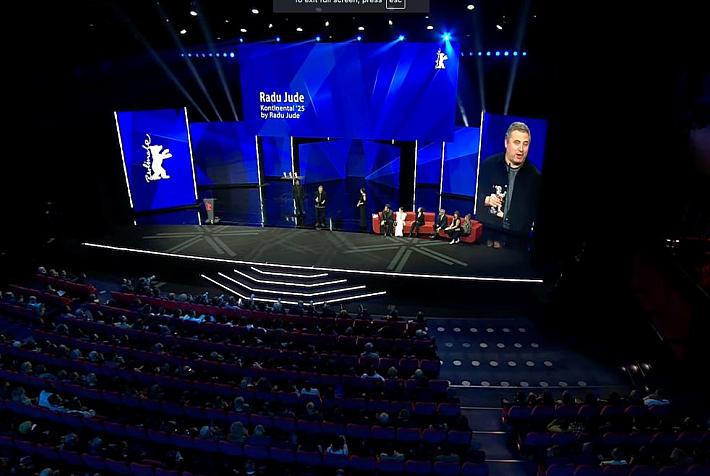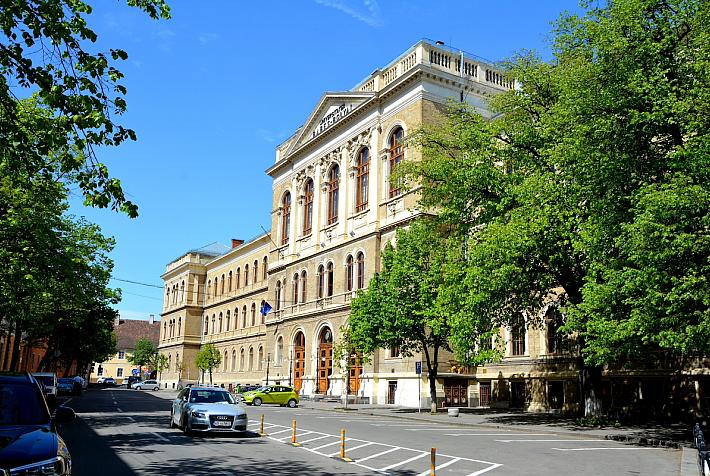Private sector: Bucharest municipal companies’ activity distorts competition

The Coalition for Romania’s Development (CDR) has asked the Bucharest City Hall to follow the principles of free competition, transparency and the legal provisions in granting public services contracts to the municipal companies established last year.
After looking at how the 22 municipal companies have evolved, the CDR says it noticed a wide gap between the city hall’s practices and principles in granting public services contracts and the current legal provisions and the mechanisms of a free market. The CDR said it is worried about the “lack of transparency that characterizes the entire activity of the municipal companies so far, in the absence of a fair communication from the public local administration on the topic.”
The CDR explained that, according to existing information, most acquisitions were performed through direct attribution, sometimes in a record time, “which excludes from the very beginning any serious analysis of possible offers.” Sidestepping the regulations concerning public acquisitions raises questions on the quality of the services that reach the beneficiary. This happens because the need to have the implementing company’s financial, technical and human capability certified is excluded, the coalition argued.
“The City Hall thus gives a free pass for the establishment of a sort of monopoly of poor quality for a lot of money, which cannot be in agreement with a functional free market,” the CDR said.
The coalition also pointed to the City Hall’s lack of experience and competence in managing such companies, which raises further doubts on the efficiency of the services they provide. At the same time, the lack of any control on how the funds are spent can open the way for wasting public money. The financial resources mobilized to support the holding made up of the municipal companies endangers an already burdened budget and excludes any efficiency criteria, the CDR warned.
“A public local administration that does not properly understand its role in relation to those who designated it, positions itself outside of the rules of the democratic game. We ask the Bucharest City Hall to release as soon as possible full information on the structure, management, headquarters, acquisitions and projects it runs through each of these companies separately,” the CDR said.
Given these observations, the point of view of the Competition Council and the objections from members of the Bucharest Municipal Council, the representatives of CDR argue that “the current way of regulating and running these companies is deficient, discretionary, and distorts the local competition.”
In 2017, the Bucharest City Hall decided to set up 22 companies to handle various public utility activities that had been previously delegated to private companies or departments within the city hall.
The municipal companies work across a range of areas, such as electricity and heat production and supply, public lighting, hospital management, construction, security, advertising space management, infrastructure projects consultancy, road management, parking management, and even taxi services.
The CDR gathers representatives of over 25 business associations, chambers of commerce and confederations.
editor@romania-insider.com












